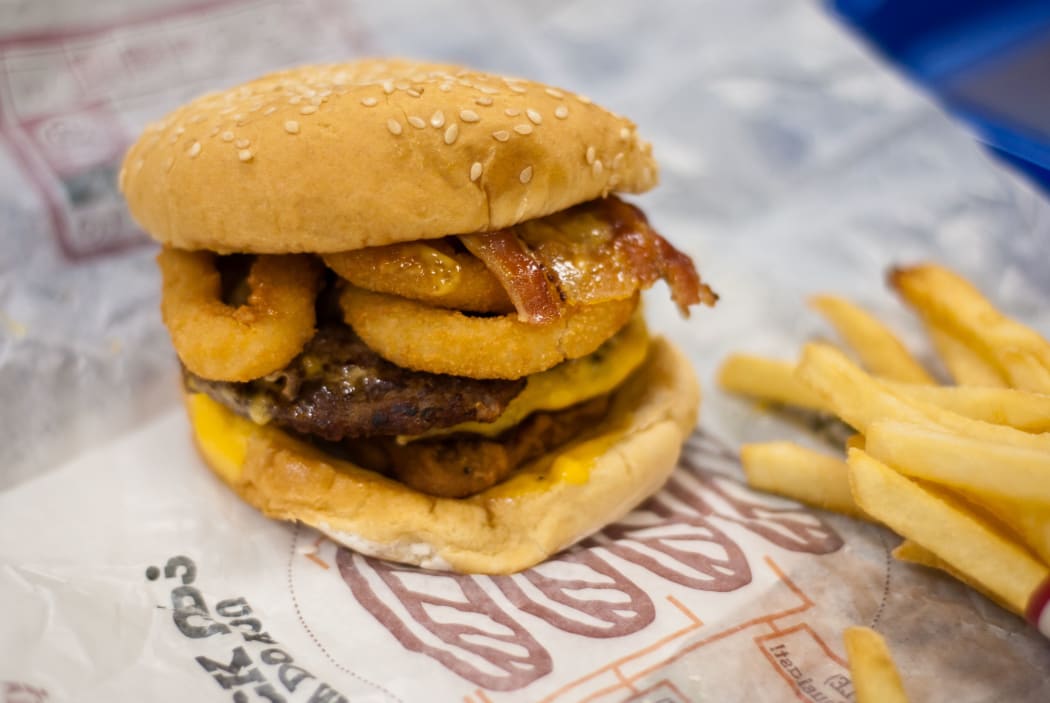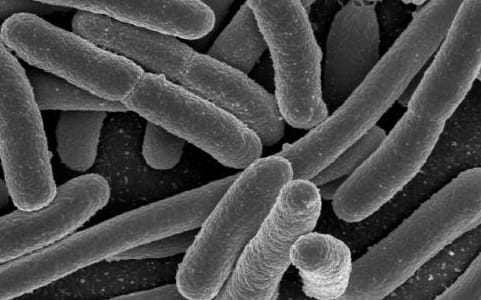
Photo: Flickr / SteFou!
Eating high-calorie foods causes changes to the the bacteria living inside your gut which can hamper weight loss and contribute to yo-yo dieting, according to a new study.
Dr Chris Smith of The Naked Scientists tells Simon Morton about the study (published this week in the journal Nature by scientists from Israel's Weizmann Institute).
The study suggests that the reason 80 percent of dieters relapse after losing weight, and even rebound to a higher body mass index within 12 months, could be down to their microbiomes - the unique communities of billions of bacteria which live on and inside us.
The researchers tried to replicate the effect of 'yo-yo dieting' in mice by alternating them between high-calorie and low-calorie diets. The composition of the mice's intestinal flora changed when you fed them calorific foods. And when the mice ate less food the metabolic consequences of being overweight, including raised cholesterol and insulin levels, were also reversed.

Escherichia coli, one of the many species of bacteria present in the human gut Photo: (Rocky Mountain Laboratories, NIAID, NIH - NIAID)
But the changes to the microbiome associated with an unhealthy diet persisted, almost lying dormant until the mice came off their diet and returned to eating less healthily. Christoph Thaiss and his colleagues found that it took over six months before these microbial populations started returning to their pre-obese state. And this time lag was important as exposure to an "obesogenic" environment before 6 months led to the weight returning quickly, and often rebounding to a higher level.
The study could have implications for the more than 40 percent of the world's population who are now overweight.
"The team speculate that this "lag effect" in the microbiome might be an evolved trait that, under normal circumstances, helps to maintain a stable state in the intestine. It prevents short-term changes in diet, or bouts of ill-health, from grossly changing our metabolic milieu. But in the world of plenty we now inhabit, it's turning out to be a pain in the posterior," Dr Smith said.

